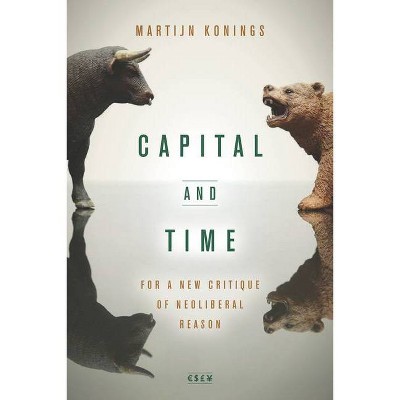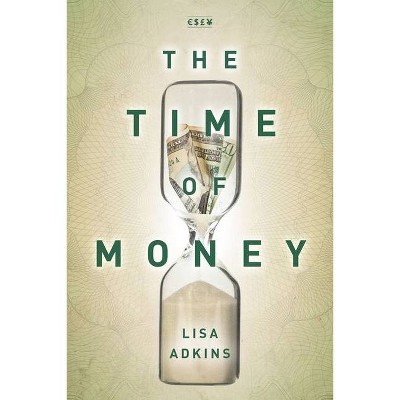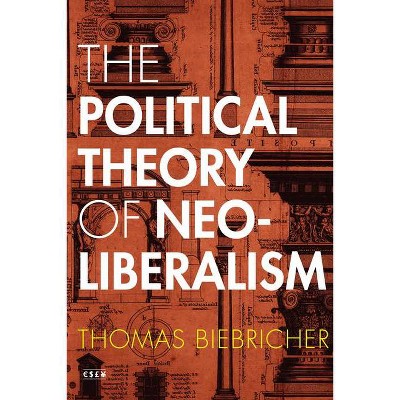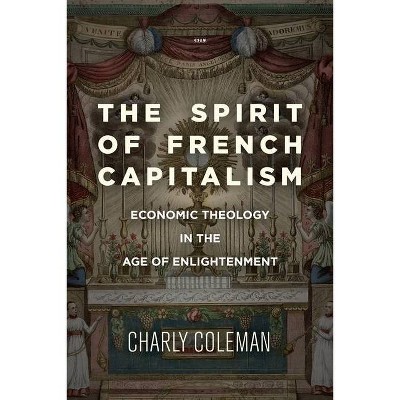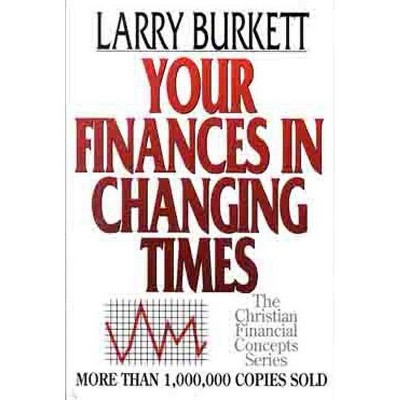History in Financial Times - (Currencies: New Thinking for Financial Times) by Amin Samman (Paperback)
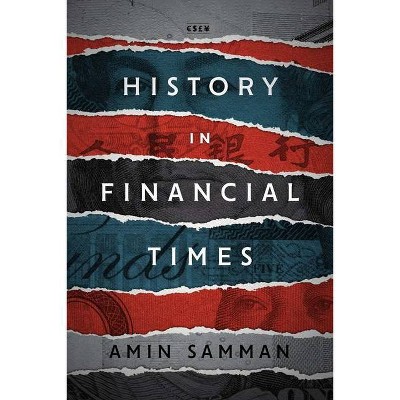
Similar Products
Products of same category from the store
AllProduct info
<p/><br></br><p><b> About the Book </b></p></br></br>Pushing beyond linear accounts of economic history, this book reveals how the past continually circulates through and shapes the present in unexpected ways.<p/><br></br><p><b> Book Synopsis </b></p></br></br><p>Critical theorists of economy tend to understand the history of market society as a succession of distinct stages. This vision of history rests on a chronological conception of time whereby each present slips into the past so that a future might take its place. This book argues that the linear mode of thinking misses something crucial about the dynamics of contemporary capitalism. Rather than each present leaving a set past behind it, the past continually circulates through and shapes the present, such that historical change emerges through a shifting panorama of historical associations, names, and dates. The result is a strange feedback loop between now and then, real and imaginary. Demonstrating how this idea can give us a better purchase on financial capitalism in the post-crisis era, <i>History in Financial Times</i> traces the diverse modes of history production at work in the spheres of financial journalism, policymaking, and popular culture. Paying particular attention to narrative and to notions of crisis, recurrence, and revelation, Amin Samman gives us a novel take on the relation between historical thinking and critique. </p><p/><br></br><p><b> Review Quotes </b></p></br></br><br><i>History in Financial Times</i>is a deeply original and impressive contribution to critical studies of finance, the history of capitalism, and historical theory.--Joel Isaac "<i>The American Historical Review</i>"<br><br><i>History in Financial Times</i> draws on and synthesizes an impressive array of concepts, theories, and disciplines only gestured at here. The book shows a great deal of range in its method....[The] insistence on history in financial times serves as a necessary corrective to narrow-minded theories of economic or financial subjectivity and the self-serving significations of economic elites.--John Macintosh "<i>Los Angeles Review of Books</i>"<br><br>[<i>History in Financial Times</i>] offers means to analyse the minutiae of how historical narratives (for instance, analogies between the 2008 financial crisis and the Great Depression) become a shorthand to help explain what is happening in the present....Samman's emphasis on narrative throughout the book is hugely important at a moment of widespread narrative dysfunctionality in which the distinction between fact and fiction comes to be widely contested.--Emily Rosamond "<i>Finance and Society</i>"<br><br>Amin Samman has written a strikingly original book that brings the theory of history to issues of finance and economics in ways that I have not seen. His approach pushes both disciplines into new and productive territory. It is exciting, fresh, and strange in the most provocative and productive way.--Ethan Kleinberg "Wesleyan University"<br><br>In <i>History in Financial Times</i>, Amin Samman brilliantly exposes the intricate workings of the historical imagination in our present financialized times. Effortlessly weaving together political economy, philosophy, historiography, and cultural studies, this book is a must-read for anyone interested in understanding financial life today.--Jacqueline Best "University of Ottawa"<br><p/><br></br><p><b> About the Author </b></p></br></br><b>Amin Samman</b> is a Lecturer in International Politics at City, University of London.
Price History
Price Archive shows prices from various stores, lets you see history and find the cheapest. There is no actual sale on the website. For all support, inquiry and suggestion messagescommunication@pricearchive.us
